Scottish castles: Scone Palace
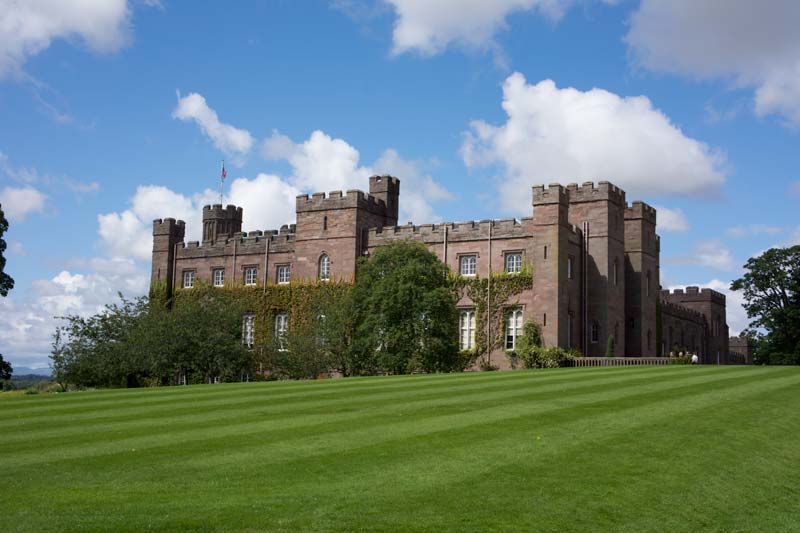
Scone Palace
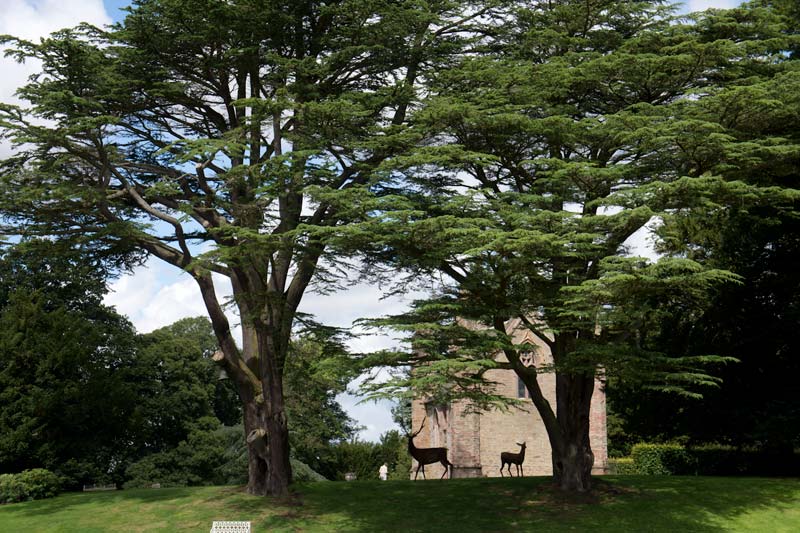
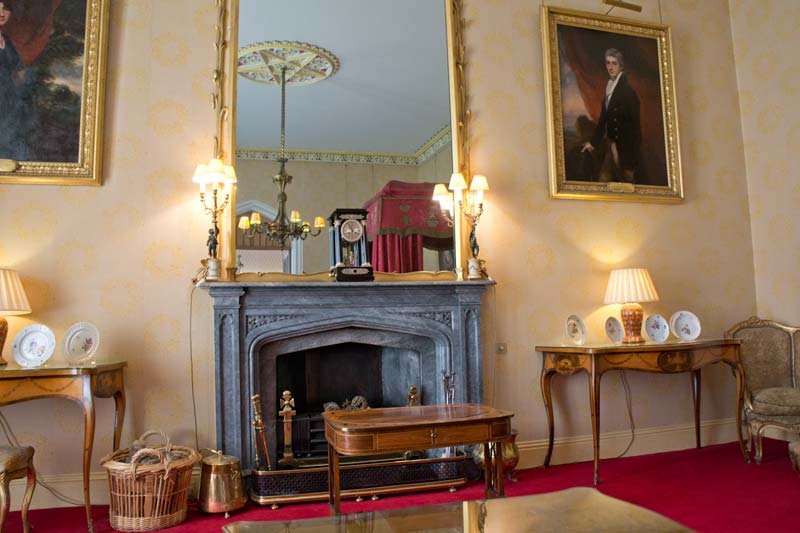
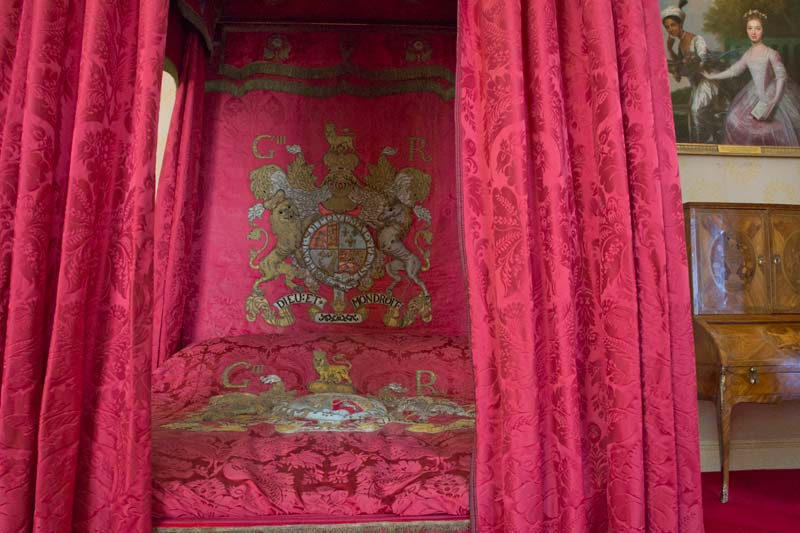
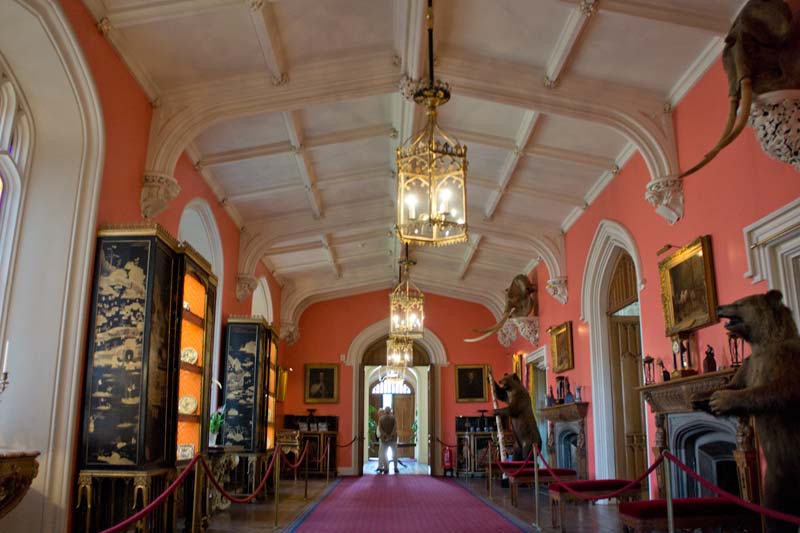
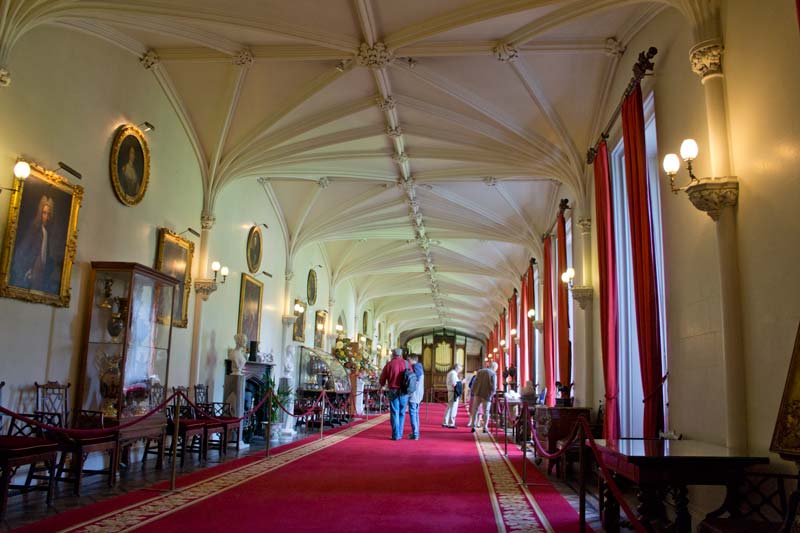
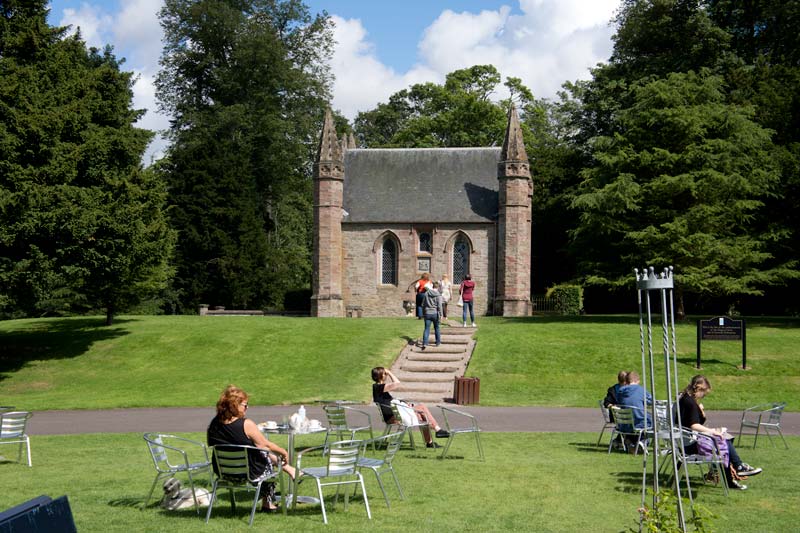
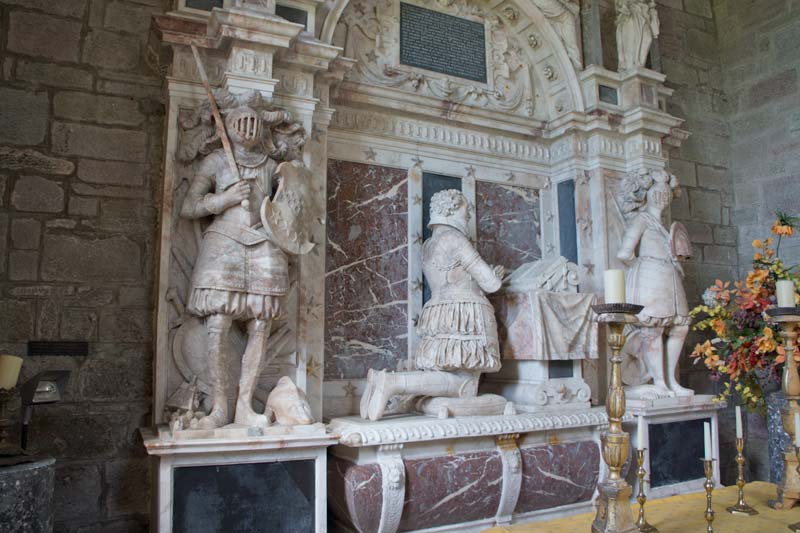
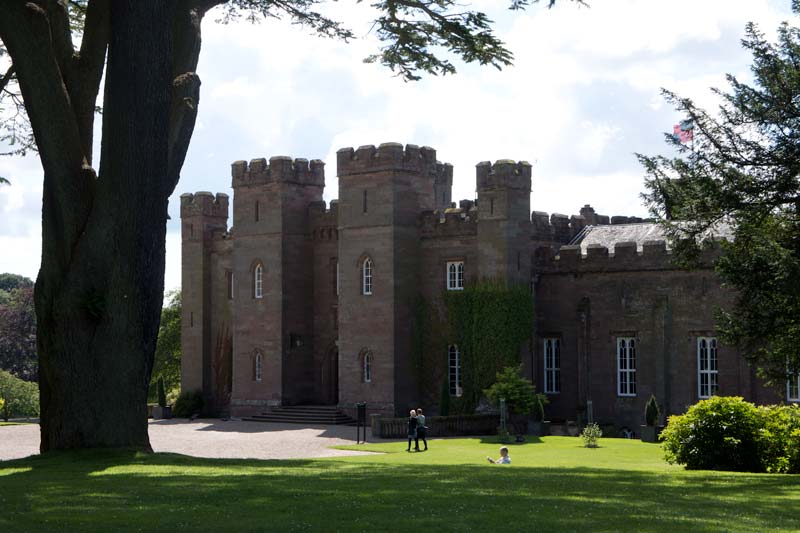
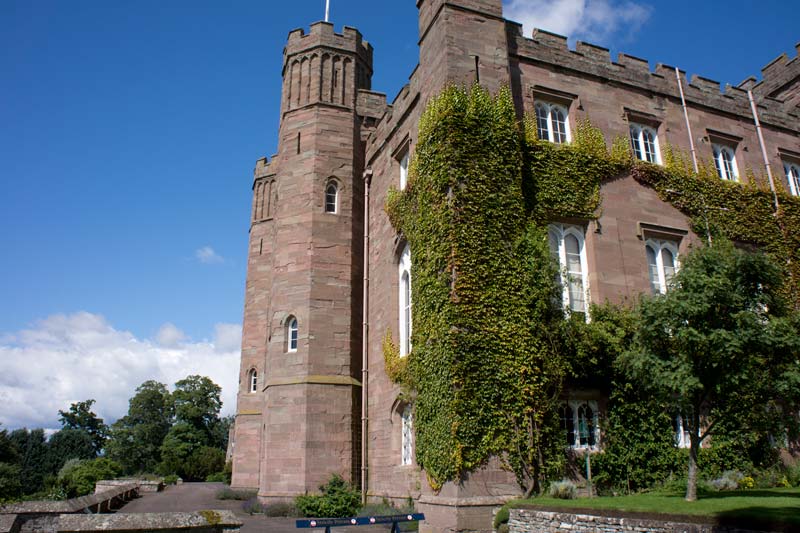
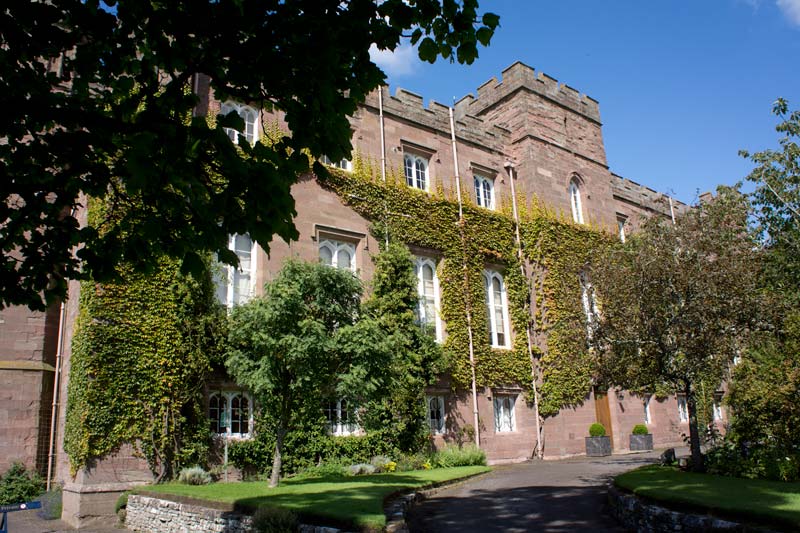
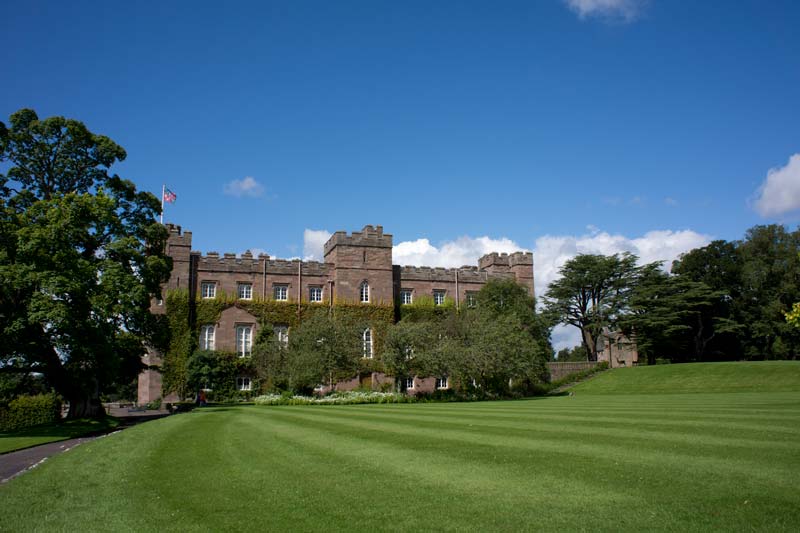
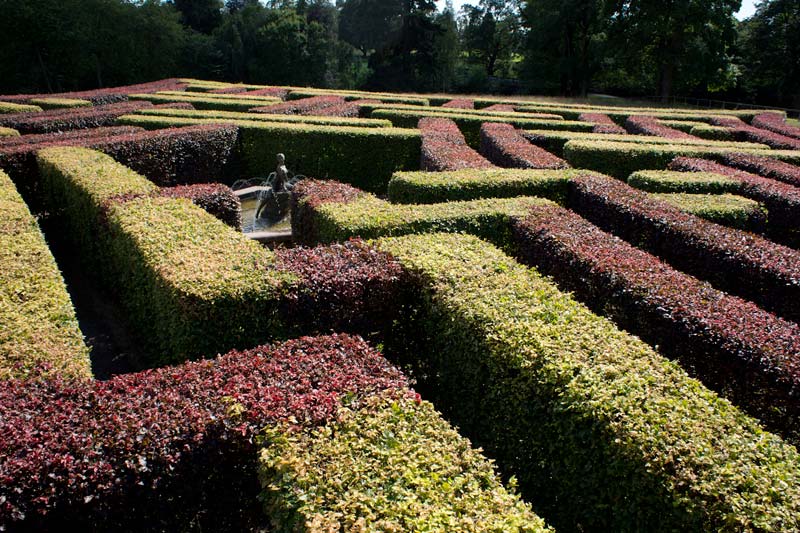
Scone Palace is a Category A listed historic house at Scone, Perthshire, Scotland. It was constructed (by recasting a 16th-century palace) in 1808 for the Earls of Mansfield by William Atkinson. Built of red sandstone with a castellated roof, it is a classic example of the late Georgian Gothic style.
In the Middle Ages the land was the site of a major Augustinian abbey, Scone Abbey, nothing of which now remains above ground level except detached architectural fragments. This was the crowning-place of the Kings of the Scots (on the Stone of Destiny) down to Alexander III.
The grounds of the palace were the first place of introduction to Britain of the Douglas-fir tree species,[1] after being introduced by David Douglas.
Scone Palace
Presently on view in the state rooms of Scone Palace are fine collections of furniture, ceramics, ivories, and clocks. Some of the prized contents of Scone Palace are Rococo chairs by Pierre Bara, and Dresden and Sèvres porcelains. The gardens and grounds are also open to the public. The gardens of Scone feature Moot Hill, the mound was said to have been created by pilgrims each carrying a bootful of soil to the site in a gesture of fealty to the king. A replica of the Stone of Scone sits on Moot Hill, where coronations occurred. Elsewhere in the garden, there is a modern day maze created of hedges.
The grounds of the Palace are the best-known breeding locality in Scotland for Hawfinch. There are fine woodlands on the grounds and policies of Scone Palace, some of the fir trees being at least 250 years old.
A number of peacocks roam the grounds, including several albino males.
The palace annually hosts the Game & Wildlife Conservation Trust's Scottish Game Fair. (wikipedia)